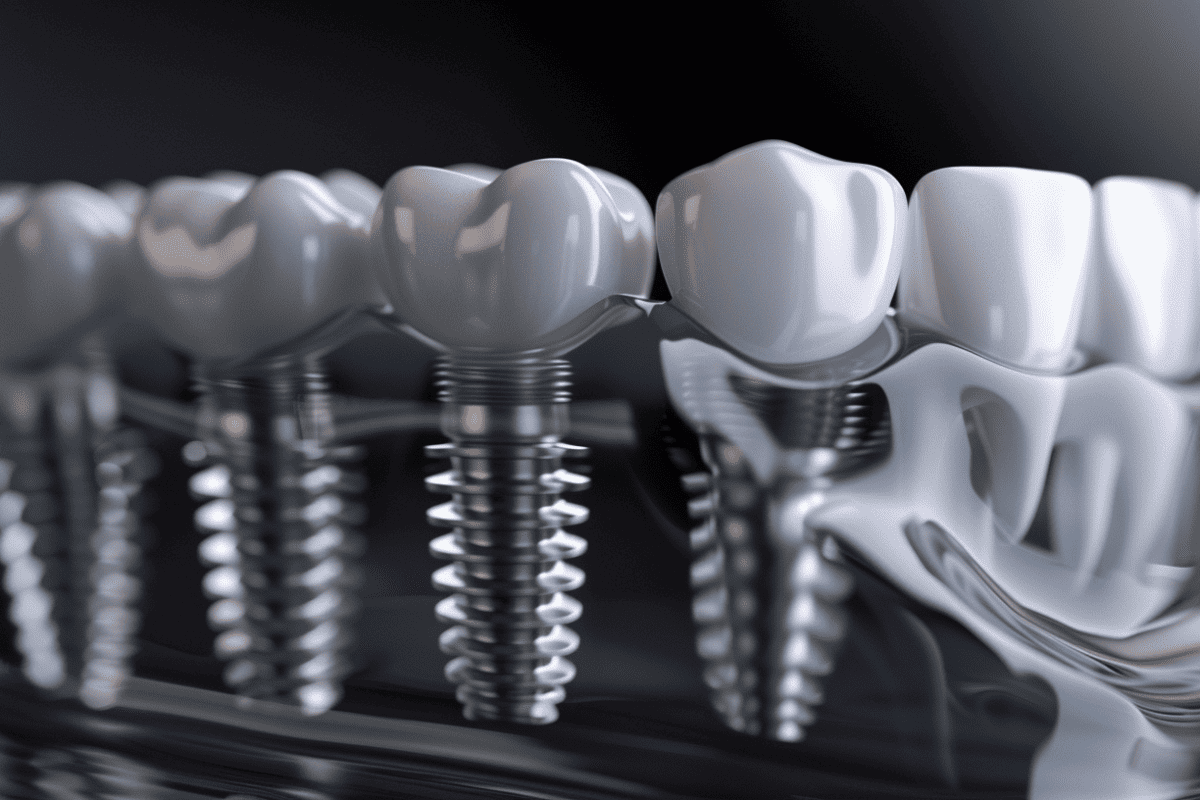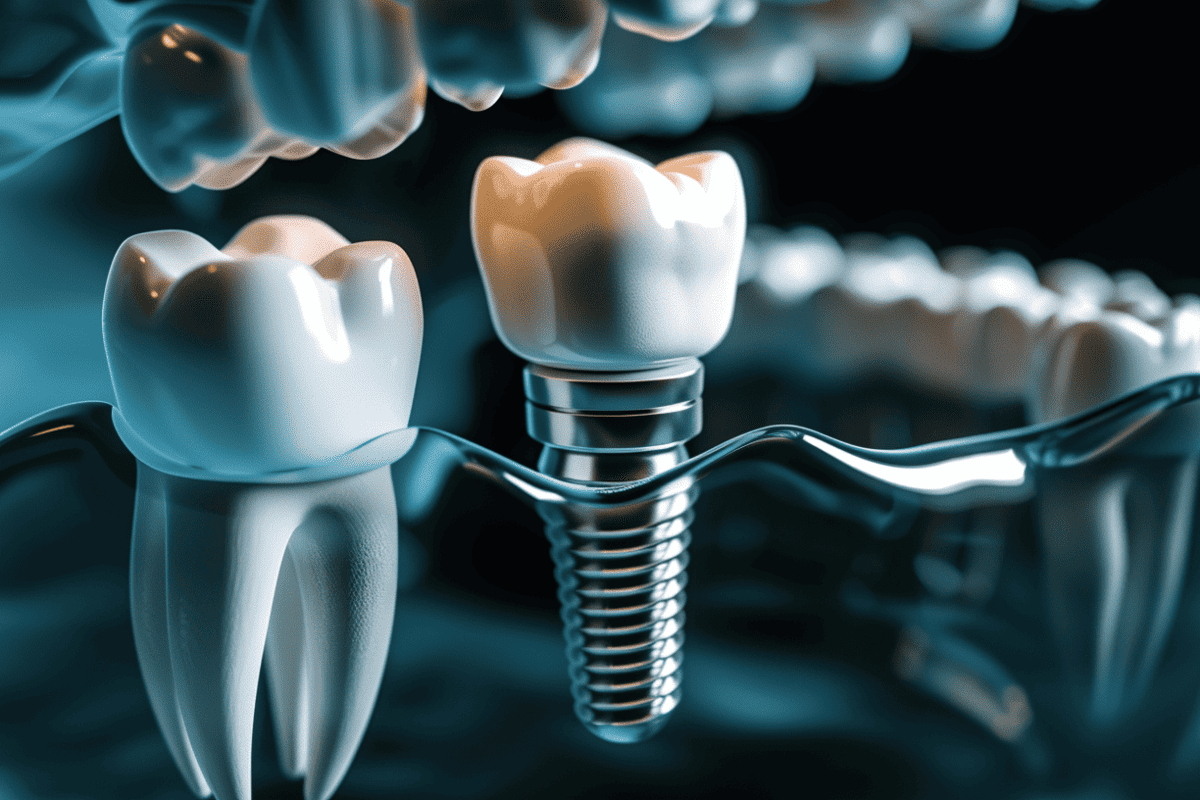You can find from a dentist downtown that their clinics are bustling with various staff. They all have specific roles in helping keep a dental office running smoothly and get patients the care they need.
Speaking of certain roles, dental therapists and dental hygienists play integral roles within a clinic. Yet, despite their differences, the two dental professionals’ job titles are constantly used interchangeably.
Learn the differences between a dental therapist and a dental hygienist, so you know who you can address for certain dental concerns.
Distinctions Between a Dental Therapist & a Dental Hygienist
Like a dental hygienist, a dental therapist is meant to help a dentist when needed by taking on certain duties. However, that’s where the similarities between the two dental professionals end. The two have different ways and levels of expertise when assisting a dentist.
Here are the ways that a dental therapist and dental hygienist differ from one another:
A Dental Therapist’s Role
A dental therapist’s role is a unique one. They’re considered a professionally licensed oral health educator and a clinical operator. What this entails is that they provide preventative and restorative care to rural and remote communities that need it the most. For example, a dental therapist will provide dental care in Indigenous health clinics far from cities. In which case, this means dental therapists are also equipped to handle certain advanced procedures. Many dentists are happy to have dental therapists join their clinics since they can provide effective procedural support.
A Dental Hygienist’s Role
Meanwhile, a dental hygienist’s role is geared towards one area of dental care for patients. Mostly, they typically help promote patients’ overall oral health through expert insight and conducting preventative care measures like mouth examinations and teeth cleaning. Furthermore, they have a specific scope of clinical procedures they provide to their patients. Even though dental hygienists are under a dentist’s supervision, they can best assist dentists by freeing up their time by taking care of certain tasks themselves at times. They help alleviate a lot of the workload for dentists, making them an important part of any dental clinic.
Dental Therapist’s Assigned Duties
To get a better understanding of what dental therapists do, check out a few of the responsibilities that they have here:
- Take X-rays
- Polish teeth
- Fill cavities
- Replace crowns
- Extract baby teeth
- Administer local anesthetic
- Repair dental prosthetics
- Make mouthguards
- Provide oral care advice
A dental therapist has a wide skill set but is not as extensive as a dentist. However, it makes sense they’re able to do so much as they’re meant to provide various oral care services for those living remotely.
Dental Hygienist’s Assigned Duties
These are the following duties that you can expect a dental hygienist to do:
- Recommend proper nutrition & its effect on oral health.
- Assesses current oral health of a patient
- Review patient’s oral health history
- Inspect areas for treatment
- Carry out blood pressure tests
- Applying treatments (i.e. whitening agents, fluorides, and sealants)
- Developing & taking x-rays of the mouth
- Providing cleaning (i.e. scale & polish)
- Removing plaque deposits
- Teach & inform patients about proper oral hygiene
Based on some of the responsibilities, there is some overlap between dental therapists and dental hygienists regarding being able to do similar tasks (i.e. taking x-rays). Yet, it’s clear there are few things that dental therapists can do more than a dental hygienist, who is usually regulated to a few capabilities.
Education & Training for a Dental Therapist
Dental therapists seem to fall in the middle ground between a dentist and a dental hygienist. They can do quite a bit like dentists by being able to conduct advanced procedures but are unable to do so sometimes without supervision from a dentist like a dental hygienist. In which case, what kind of schooling is required for dental therapists?
Like a dental hygienist, a dental therapist’s education level can vary. For the most part, however, dental therapists need to achieve a bachelor’s degree as a dental therapist (DT) or a master’s like an advanced dental therapist (ADT). These credentials are what make them capable of being able to do some dental procedures on their own or supervised. Like a dentist, they too need to undergo supervised clinic practicums.
Since dental therapists are meant to provide oral care to remote communities, their schooling might include different classes. These are what they generally cover in their curriculum.
- Human anatomy & physiology
- Oral & dental anatomy
- Radiology
- Preventive & restorative dentistry
- Basic oral surgery
- Local anesthesia
- Infection control
- Client management
- Community health dentistry
- Ethics & jurisprudence
Education & Training for a Dental Hygienist
A dental hygienist requires less education and training than a dentist and dental therapist for the most part.
Most of what a dental hygienist does is regulated to providing specifically targeted services based upon hygiene of the mouth and teeth. Depending on the level of education and training, some dental hygienists can offer more services than other dental hygienists (i.e. injections). In this case, some dental hygienists can earn a diploma or bachelor’s degree in dental hygiene from an accredited post-secondary institution.
During their education, they must go through a practicum to get hands-on training. Furthermore, dental hygienists should take a certification exam after their education. Regarding their education, they typically cover the following in programs geared towards dental hygienists’ oral and clinical science alongside focusing on health promotion and prevention strategies.
There are some similarities between a dental therapist and a dental hygienist – there is no denying that. However, the two play two distinct roles that bring different expertise and capabilities to a dental clinic. Based on their varying skill sets, these two dental professionals are an added asset to any dentist that needs assistance.
This is a sponsored post
Digital Health Buzz!
Digital Health Buzz! aims to be the destination of choice when it comes to what’s happening in the digital health world. We are not about news and views, but informative articles and thoughts to apply in your business.


